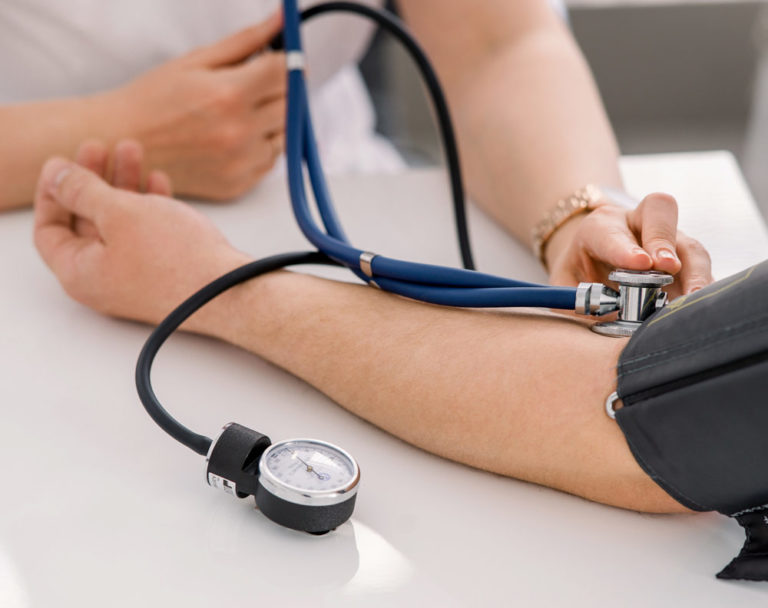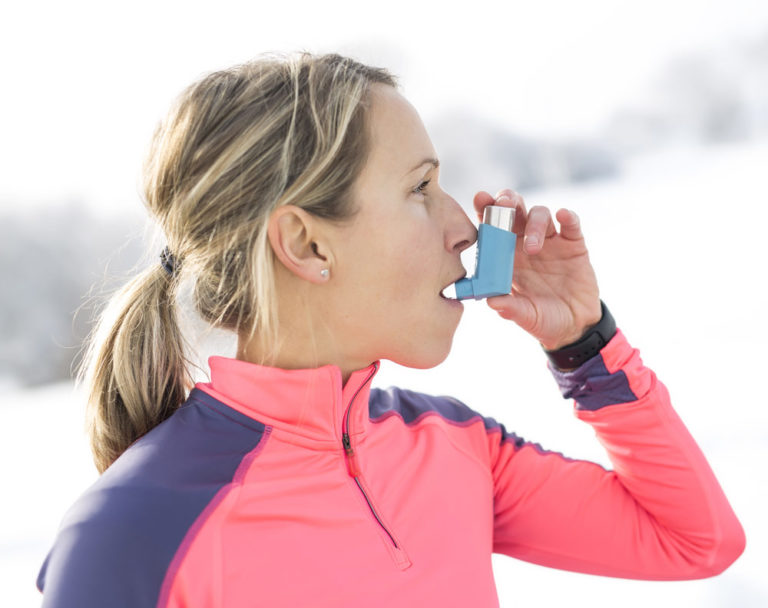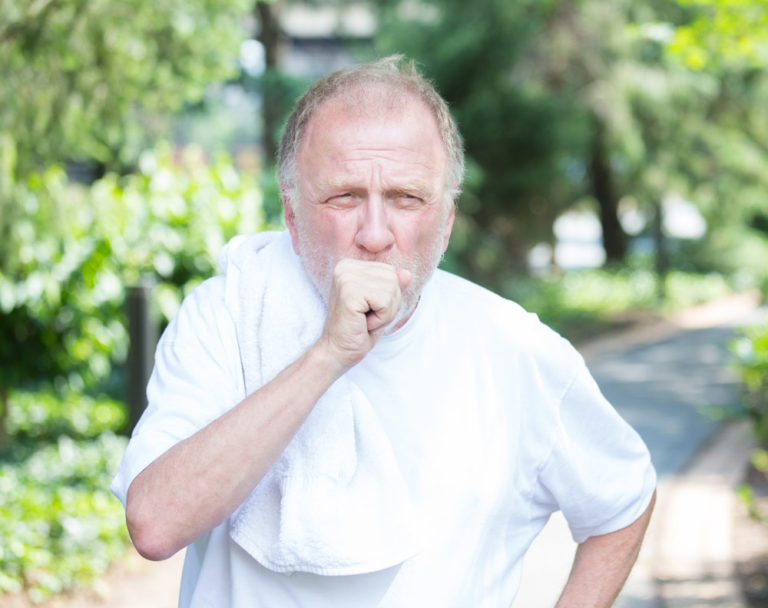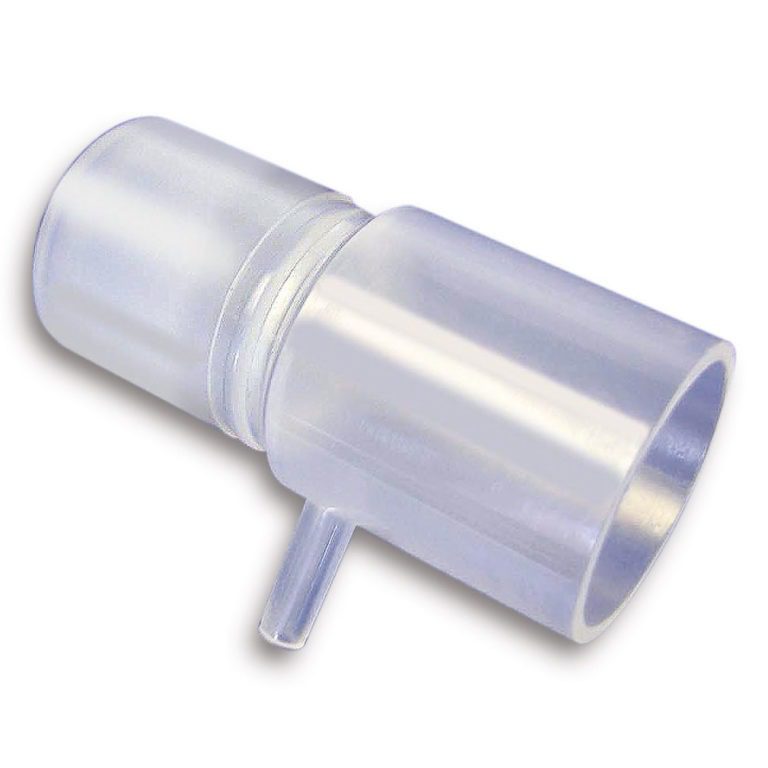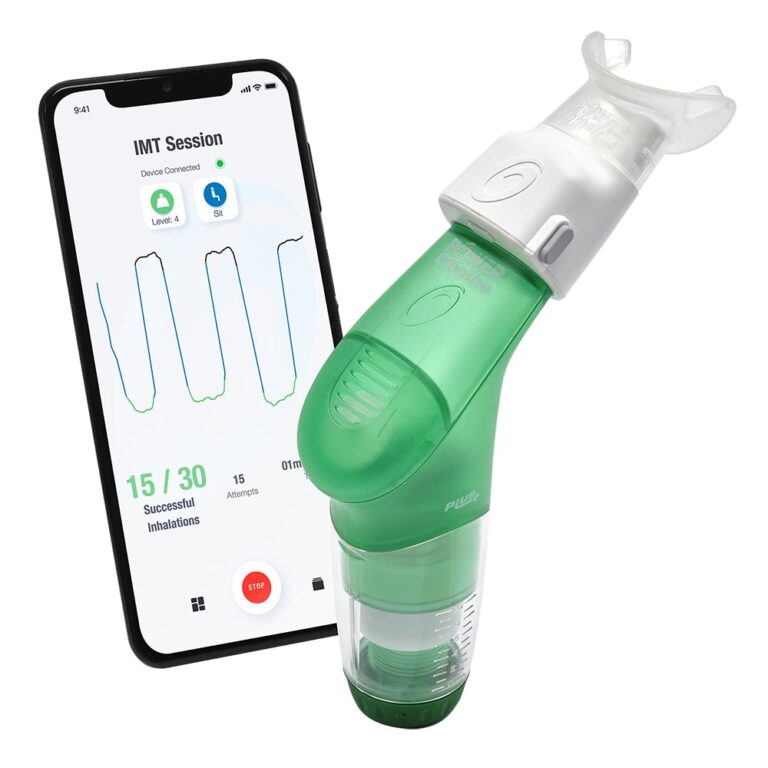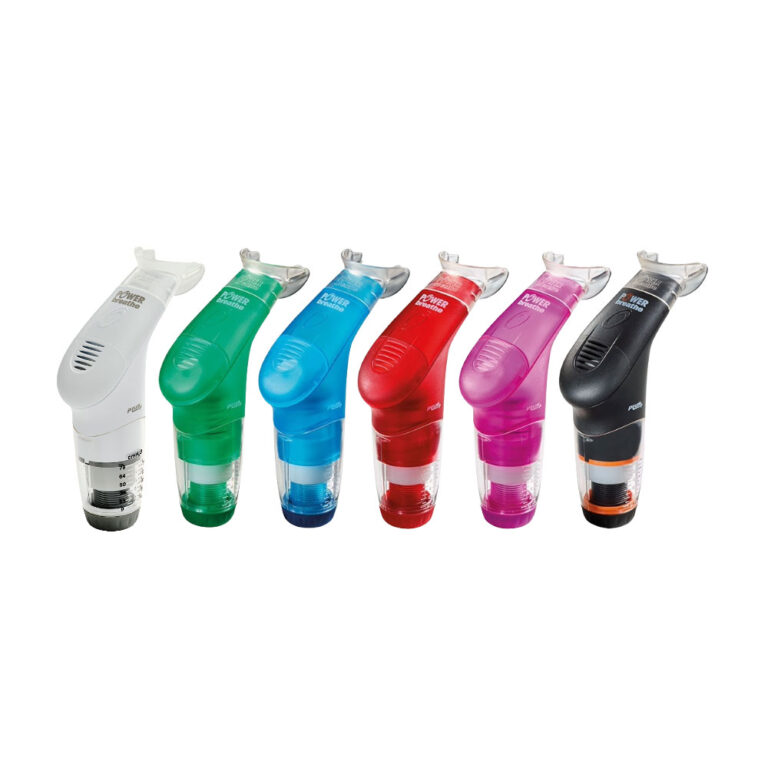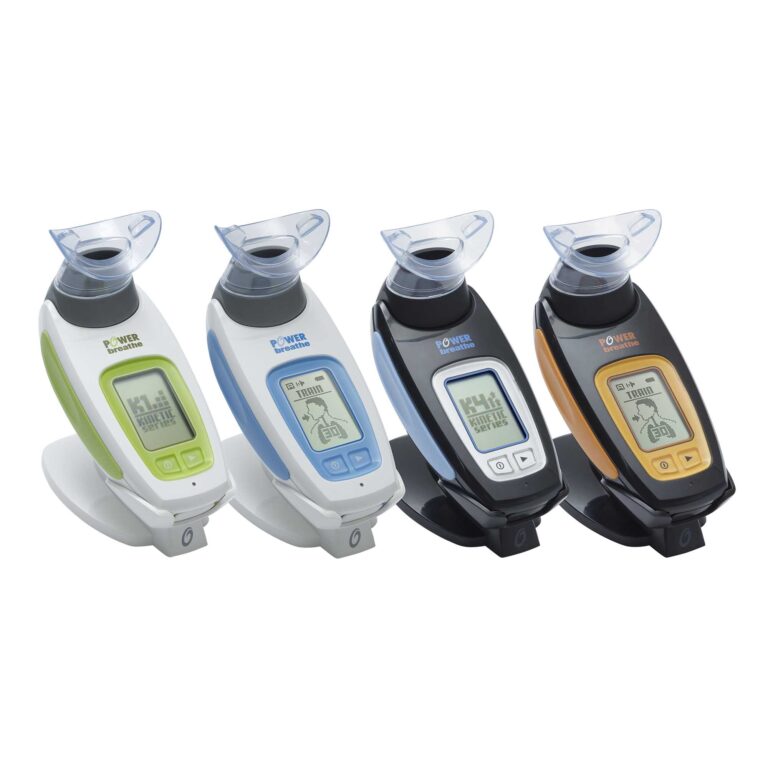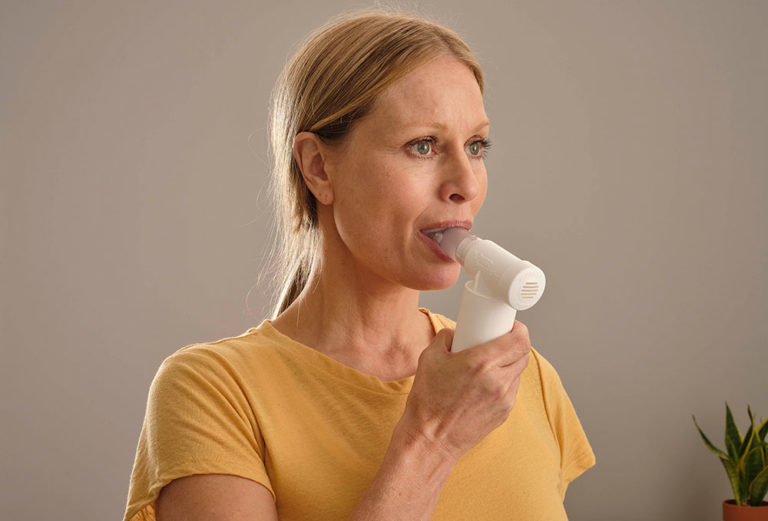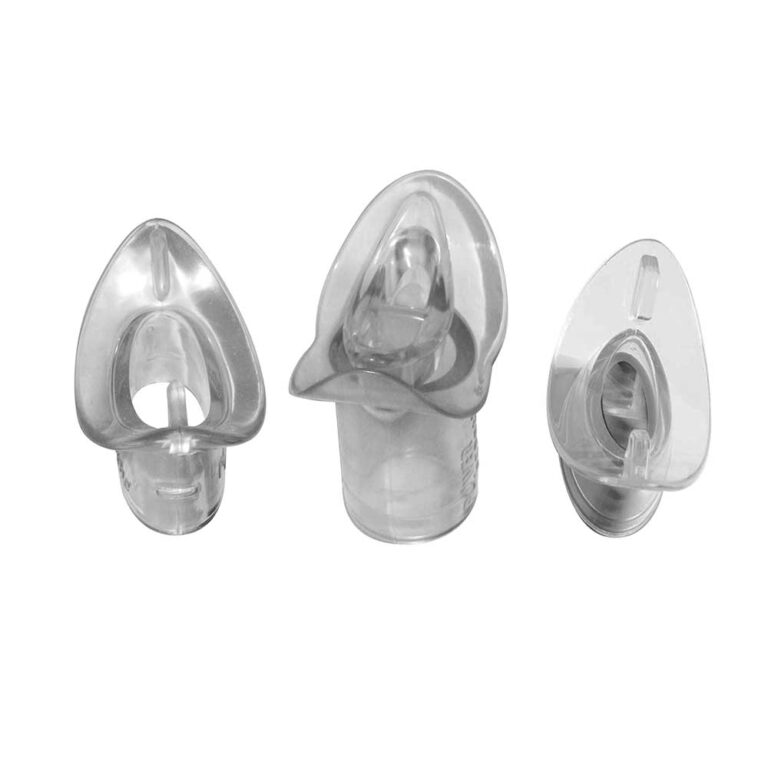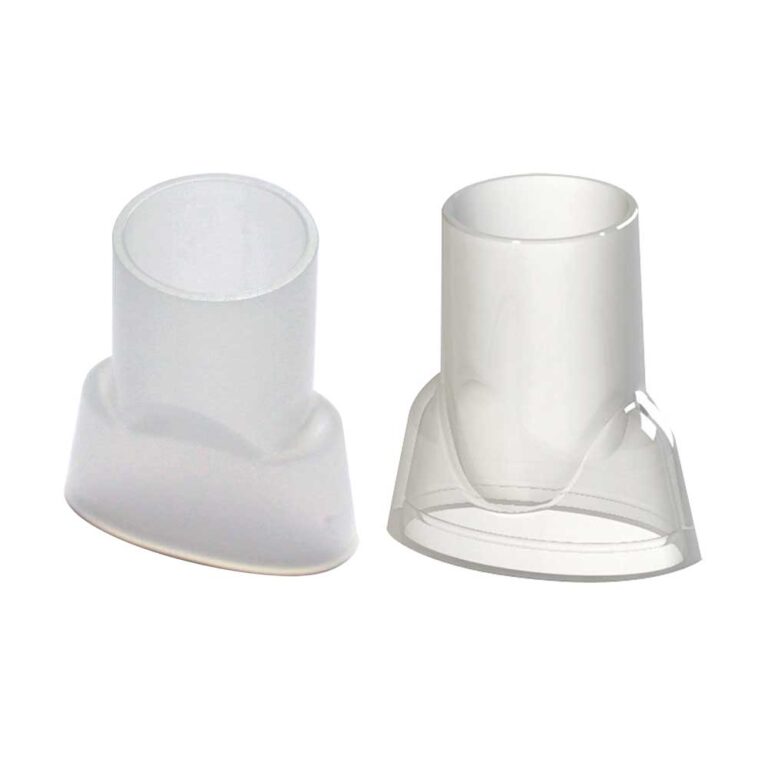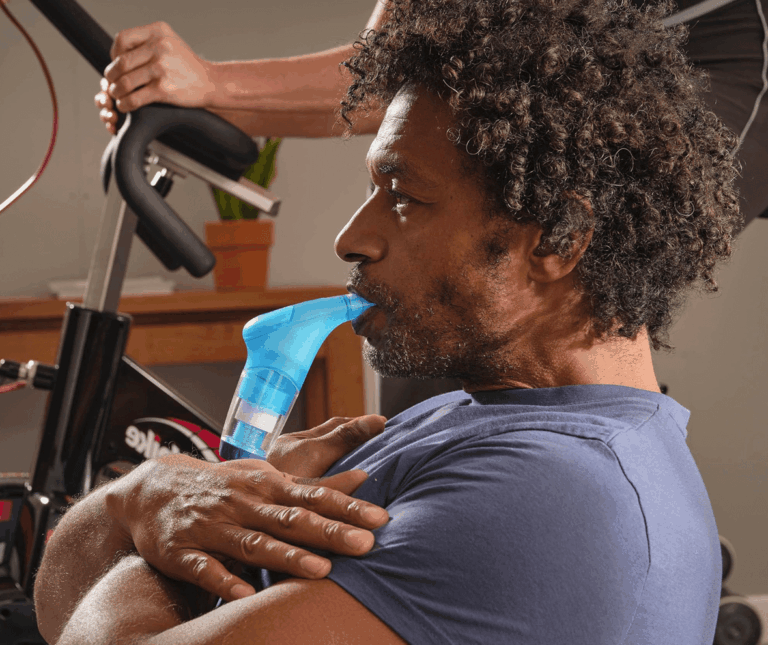
Pre and Post-op
Preoperative inspiratory muscle training is associated with a reduction of postoperative complications, including pneumonia, plus a reduction in hospital stay.

Breathing Effort Following Surgery
Breathing complications after major surgery can include pneumonia, bronchospasm and respiratory failure. In fact, weakness of the inspiratory muscles (the muscles you use to breathe in) was found in 25% of preoperative cardiac surgery patients in this trial.
Inspiratory muscle weakness can also be the result of a number of causes, but the amount of ‘exercise’ your breathing muscles receive has a huge influence upon their condition. So by exercising your inspiratory muscles with POWERbreathe Inspiratory Muscle Training (IMT) it seems logical that you can improve their condition to stand you in good stead prior to surgery.

Train Your Breathing Prior To Surgery
Respiratory rehabilitation is standard care for surgical patients and includes deep‐breathing exercises, thoracic physiotherapy, incentive spirometry and preoperative IMT.
Training your breathing muscles at home prior to surgery has been shown to make breathing easier, as well as helping to strengthen your respiratory muscles after surgery. In fact, this systematic review into ‘Preoperative IMT for postoperative pulmonary complications in adults undergoing cardiac and major abdominal surgery’ shows that breathing muscle training before surgery reduced the risk of some lung complications after surgery, as well as, the length of hospital stay, compared with usual care.
Furthermore, this clinical trial found that just five days of preoperative IMT reduced the incidence of postoperative pulmonary complications and duration of postoperative hospitalisation in patients undergoing cardiac surgery.

Evidence-Based, Drug-Free Breathing Training
POWERbreathe IMT is easily performed at home and the trials referred to in this review did not report any undesirable effects associated with breathing training and is a suitable preparation for planned surgery, especially for adults awaiting high‐risk heart and abdominal surgery. Speak to your GP first. Read Precautions and Contraindications.
The POWERbreathe K-Series device has been chosen for inspiratory muscle training in a large multi-centre, preoperative study in the NHS, called the Inspire Study. This NHS study will be investigating whether daily IMT with POWERbreathe helps to reduce the chances of getting a lung complication after surgery.
The POWERbreathe Medic offers an evidence-based, drug-free treatment for patients in a variety of medical conditions such as thoracic surgery. The newer POWERbreathe Medic Plus is designed for people who have very weak breathing muscles such as post-illness or post-hospitalisation.
Select An Activity
Related Products
Downloads
Isolated IMT helped decrease postoperative pulmonary complications and the length of hospital stay
IMT is a beneficial intervention when given 2 weeks before surgery for a minimum of 15 minutes in reducing postoperative pulmonary complications following abdominal surgery
IMT can significantly decrease the risk of pneumonia and atelectasis after coronary artery bypass grafting while shortening hospitalization and improving the strength of respiratory muscles

